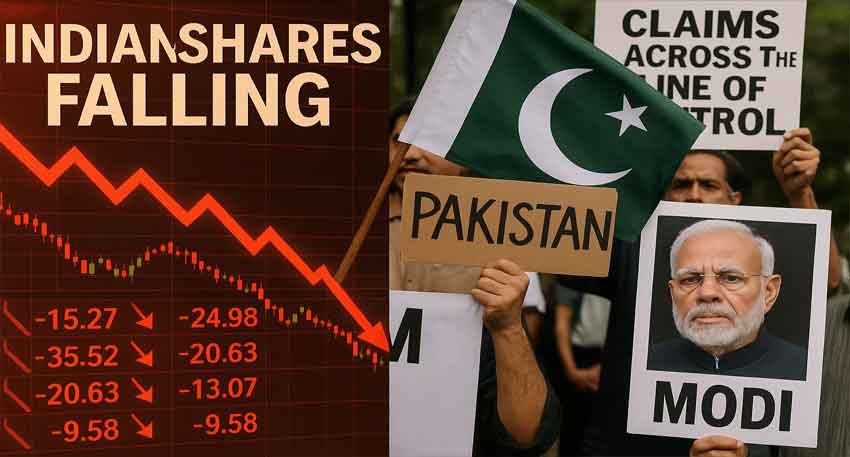
A Pakistani health official has reported the aggravating situation two weeks after the World Health Organization declared it an emergency of international concern.
Federal Director General of Health Dr Shabana Saleem said, "This is the fifth case reported this year [in Pakistan] and the fourth since WHO declared mpox a global health emergency.”
She added that Peshawar appeared to be turning into an epicentre for mpox cases.
For details: Thailand records mpox case in European traveller from Africa
All other cases have been reported from the predominantly tribal Khyber Pakhtunkhwa province, which shares a porous international boundary with Afghanistan with virtually free movement of goods and people, mostly of Pashtun origins.
National Health Services (NHS) Ministry spokesperson Sajid Shah said that the latest patient is a 47-year-old man who entered the country from an unnamed Gulf nation on August 29.
The victim has been isolated by the Border Health Services at the Bacha Khan International Airport for showing symptoms akin to the mpox crisis.
Last Thursday, a 51-year-old man who returned from Saudi Arabia was isolated in Peshawar for a similar reason. His test samples sent to Khyber Medical University returned positive.
For details: Mpox surges in Congo as WHO declares it global health emergency
According to Reuters, global health officials confirmed an infection with a new strain of the mpox virus in Sweden and linked it to a growing outbreak in Africa, the first sign of its spread outside the continent a day after the World Health Organization declared the disease a global public health emergency.
Swedish health officials said at a press conference that the person was infected while in Africa with the clade Ib type of mpox involved in the recent outbreak. The person is receiving treatment.
"The emergence of a case on the European continent could spur rapid international spread of mpox," said Lawrence Gostin, a public health expert and professor at Georgetown Law in Washington. "A case in Sweden most likely means dozens of undetected cases in Europe."
Dr Brian Ferguson of the University of Cambridge said the case in a Swedish traveler was concerning but not surprising, given the severity and spread of the outbreak in Africa.
"There will likely be more here and in other parts of the world as there are currently no mechanisms in place to stop imported cases of mpox happening," he said.
The WHO declared the outbreak in Africa a public health emergency of international concern or PHEIC after cases in the Democratic Republic of Congo spread to nearby countries. A PHEIC is WHO’s highest level of alert.
There have been 27,000 cases and more than 1,100 deaths, mainly among children, in Congo since the current outbreak began in January 2023.




